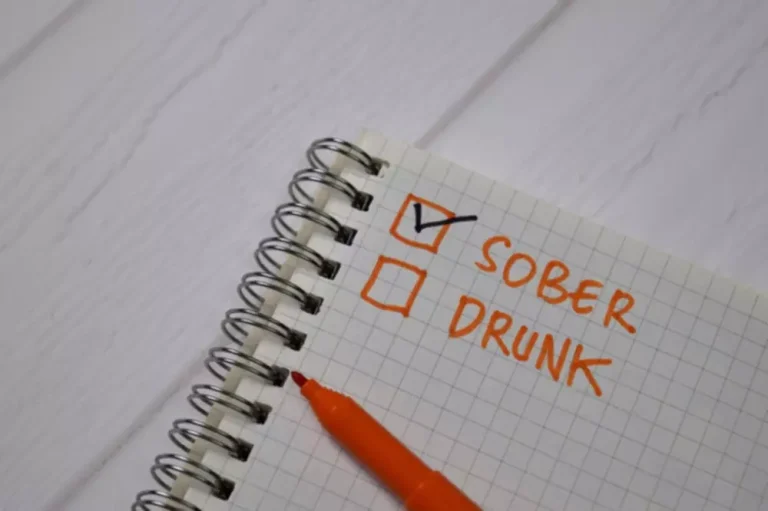
When it comes to addiction, it refers to a person engaging in addictive behavior after a period of abstinence. According to the National Institute on Drug Abuse (NIDA), relapse rates for substance use disorders are 40-60%. Unlike your first stay at a treatment center, now you know how to get on the right track. Following a relapse, you most likely have a support system, self-help skills, and experience that can help you get back on track quickly.
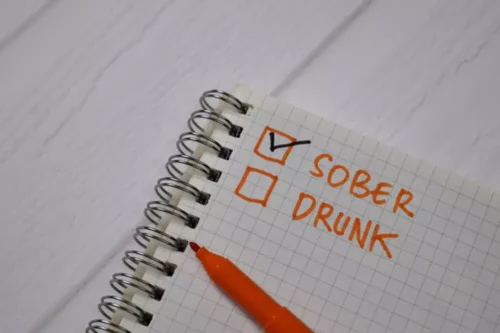
The Importance of Developing a Growth Mindset in Sobriety
As your brain continues to heal, you might experience a renewed sense of purpose and motivation. This can cloud the ability to feel excited about life or future goals. As the rewiring process unfolds, you’ll likely notice a stronger drive to pursue things you care about. The good news is that recovery is possible, and the brain has the ability to heal and rewire itself. However, the timeline for this process can vary depending on several factors, including the type of addiction, the person’s commitment to recovery, and the support they receive along the way. Here’s a breakdown of what to expect during different stages of recovery.
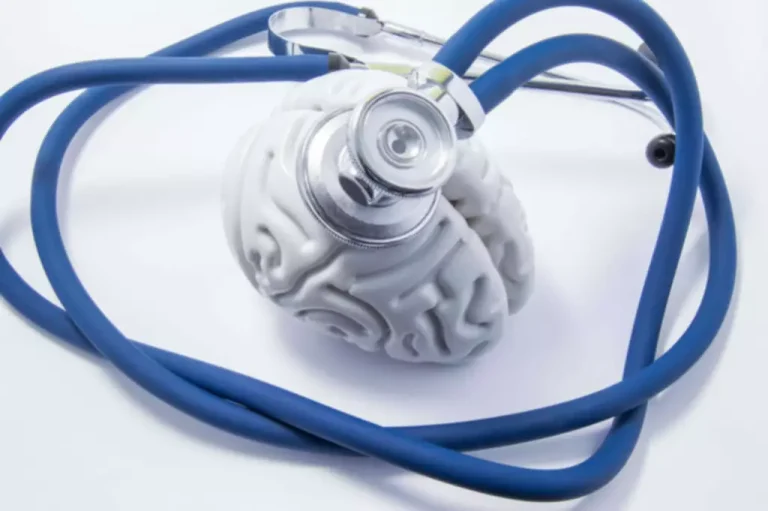
Factors That Influence the Likelihood of Relapse
- This level of self-accountability will also sustain your motivation during the initial stages after a relapse.
- Sharing your experience with someone you trust can provide emotional relief.
- Either way, a relapse is the clearest sign you could possibly see that action needs to be taken, and changes need to be made.
- Detoxification marks a pivotal initial step in the journey toward overcoming addiction.
- Tranq is more in like the barbiturate category.” Because tranq is not an opioid, naloxone also doesn’t work in reversing an overdose.
- Now, you have a better sense of your triggers, know who you can go to, and what you can do.
But they struggled to talk about their mother’s substance use. “Buprenorphine historically did work very well, in my experience, for patients who were using prescription opioids,” he explained. “I personally have hundreds of patients who are Sober living house on buprenorphine in a maintenance situation.
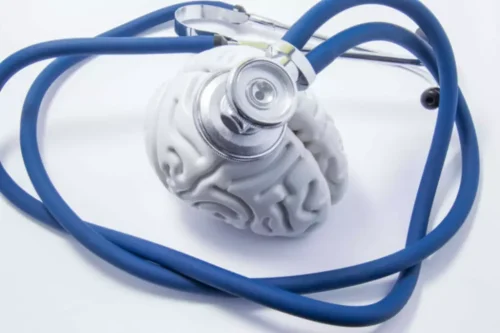
The Gorski-CENAPS model of recovery and relapse prevention
Reassessing your treatment plan following a relapse allows you and your healthcare team to identify what may have contributed to the setback and make appropriate changes. It also provides an opportunity for reflection on how well the initial what to do after a relapse plan was working, ensuring that future efforts are better tailored toward achieving long-term sobriety. Relapse can be a challenging experience, but it does not mean all hope is lost. It is essential to stay positive and remind yourself of your long-term goals for recovery. Talk to your doctor or counselor about any addiction-related issues and find the resources you need to get back on track with your recovery journey.
- During this stage, people may experience a range of physical and emotional challenges, such as cravings, mood swings, and difficulty focusing.
- A relapse means a full return to previous patterns, after having controlled or abstained completely.
- Sometimes people regret using or drinking after a slip and find a renewed passion for recovery.
- All of these things may be important for you on your path to recovery following a relapse, but you know yourself best, and what you as an individual might need to focus on the most.
If you’re walking through a neighborhood that you only visited in order to score drugs, then you’re going to be more vulnerable to slipping into old patterns. It’s best to avoid these places, but in some cases, this is unavoidable. Now that you understand the importance of being kind to yourself, you can move onto the next step. The next thing that you should do is figure out what caused your relapse. You aren’t going to be able to effectively prevent your next relapse if you can’t figure out what caused this one.
Importance of lifestyle changes
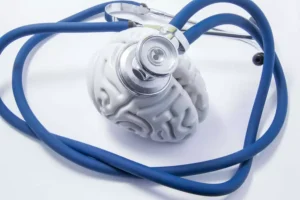
They will be able to guide you forward and help make sure that you’re not going to slip again. During these times you might feel elated and confident – so confident that you feel like you can handle just a single drink or a single puff. The issue here is not necessarily reconnecting with people who can bring you back into the drug world. Rather, it is a problem of bringing up old memories and associations that remind you of your days of addiction. Palm Coast Treatment Centers will iron out the details for you in a manner that will make you confident in your path to sobriety.



